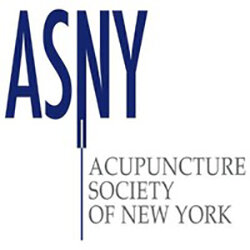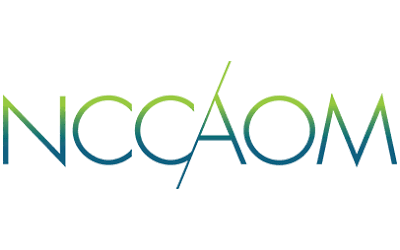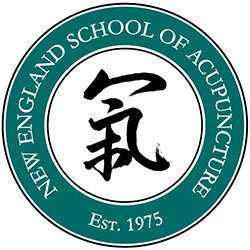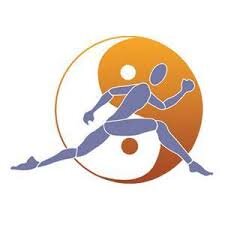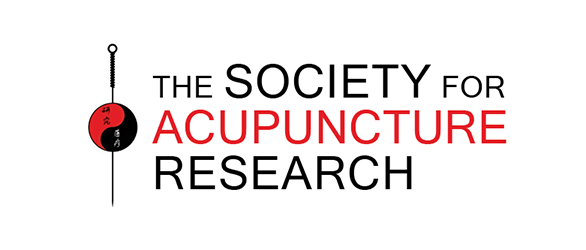Acupuncture For Postpartum Weight Loss
/If you have a healthy BMI, the range of weight gain is roughly 25 to 35 pounds by the end of your pregnancy. However, there is often too much focus on the number of pounds gained during pregnancy versus what a healthy pregnancy looks like. For women that have a history of eating disorders, pregnancy and weight gain can be triggering, and contribute to a higher risk for postpartum depression later on. Every woman is different, and every pregnancy is different, and it’s not uncommon to gain a bit more weight than you expected while carrying your child. The problem is that the weight can be difficult to shed once you welcome your bundle of joy into the world. Using acupuncture for postpartum weight loss can help.
Acupuncture helps bring the body back into balance after pregnancy by improving hormone levels and boosting the metabolism, making it easier for you to lose the baby weight.
What causes weight gain during pregnancy?
The primary reason you gain weight when you’re pregnant is that you’re growing a human being. Your body increases its blood volume by 40-60%, and the size of your heart also increases to accommodate pumping more blood as the baby grows, you gain weight. It’s basic math. But, baby aside, what causes the body to gain weight during pregnancy, and why do some women gain more weight than others? The answer is hormones.
Hormones control a variety of bodily systems and processes, including mood, sleep, blood pressure, and appetite and metabolism. During pregnancy, your hormone levels rise to help your body accommodate your growing baby. One side effect of rising hormones is food cravings, which can result in significant weight gain if left unchecked.
When it comes to your diet, there’s nothing wrong with indulging a bit during pregnancy. Your body needs extra nutrition, and cravings are how your body communicates to you which kinds of nutrients it needs. But, for some women, the pregnancy cravings don’t stop after childbirth. Even though it’s commonly believed that the weight will melt away during breastfeeding, that’s not always the case, either.
It’s incredibly difficult to shed pregnancy weight when you’re constantly fighting food cravings caused by wonky hormones. And, even if your hormonal imbalances aren’t contributing to food cravings, hormones themselves can alter the way your body stores weight. Increased levels of estrogen, progesterone, and/or cortisol can all contribute to unwanted weight gain during and after your pregnancy.
Acupuncture reduces stress and restores hormonal balance
Having a newborn is exciting, but it can also be an unexpectedly overwhelming experience. Many moms struggle with postpartum anxiety and depression. Putting your needs aside, running on little sleep. Caring for your new baby can be a stressful time, and it can be made all the more stressful when you’re also putting pressure on yourself to lose the pregnancy weight.
When you’re experiencing stress on a constant basis, which comes with being a new parent, this does nothing to help hormonal balance. When stress hormones like cortisol are high, sex hormones, including estrogen and progesterone, the body is in a constant state of fight or flight. This creates a vicious cycle of being unable to lose weight or gaining even more.
Stress is often overlooked as a culprit if you’re trying to lose weight. One of the reasons acupuncture is so effective at supporting weight loss in new mothers is because it helps manage stress. Acupuncture stimulates the nervous system, tapping into the body’s natural healing mechanism, resulting in releasing tension held deep in your muscles, it improves sleep and you feel a sense of well-being from the inside.
Acupuncture influences the hypothalamic-pituitary-ovarian axis, soothing your body’s response to stress and encouraging hormonal balance. Bringing your hormones back into alignment will help you in so many areas. You’ll feel better mentally, you’ll get better sleep, your appetite will normalize, and you’ll have a much easier time releasing pounds.
Acupuncture normalizes blood sugar and hunger cues
Sometimes, even when you are on a healthy diet, you can still struggle with sugar and food cravings. Pregnancy can significantly alter your metabolism and eating patterns. However, some women don’t experience any extreme food cravings during pregnancy at all. Post-pregnancy, your metabolism will continue to shift, adapting to what your body really needs to stabilize hormones, breastfeed, and heal. Hunger and craving sugar can indicate missing nutrients, poor absorption, or blood sugar fluctuations.
Acupuncture has been found to normalize hunger cues. By influencing the hypothalamus and stimulating the vagus nerve, acupuncture increases satiety. It’s also believed that acupuncture triggers the release of endorphins, which support appetite regulation.
If you feel that you are an emotional eater and/or have stress cravings, acupuncture can help with that, as well. Acupuncture upregulates the production of feel-good neurotransmitters, like dopamine and serotonin. These two “happy hormones” enhance your mood naturally, and acupuncture’s ability to improve serotonin and dopamine activity is why it’s often used to treat postpartum depression.
Acupuncture boosts the metabolism
Many women are too hard on themselves for not being able to shed the baby weight after pregnancy. They count calories and track their steps, but the scale doesn’t budge. It’s easy to become disheartened, but rather than feel guilty (which will only cause more stress), just take this as a sign that your body needs a different approach.
It’s important to remember that increasing weight during pregnancy is a normal and healthy process. And being unable to lose weight is not a personal failing, it simply means that your body needs some help readjusting. If you feel you are struggling to normalize your body weight, acupuncture can help you reset.
Acupuncture is highly effective when it comes to regulating the metabolism. Using acupuncture to stimulate certain trigger points can improve your BMI and body fat percentage after giving birth. Furthermore, acupuncture stimulates digestion, improves glucose metabolism, and re-sensitizes the body to insulin, all of which enhance your metabolism and make it easier for you to lose weight.
Acupuncture is especially helpful if you have an underlying hormonal condition that already predisposes you to weight gain. Women struggling with PCOS often have a difficult time with weight and shedding the pounds after pregnancy. Regardless of which conditions may be influencing slowing your metabolism down, acupuncture is a safe supportive therapy that can help make your diet and exercise program more effective.
Book your first appointment today
At Integrative Healing Arts, we’re passionate about helping women find inner balance with the healing powers of acupuncture. No matter how long it’s been since you had your baby, we’re happy to be a part of your postpartum wellness plan.
If you’re struggling to lose your post-pregnancy weight and you want a healthy solution, contact our office today to find out how acupuncture can help you. We’ll answer any questions you may have and help you figure out which treatment options will work best for you.


















